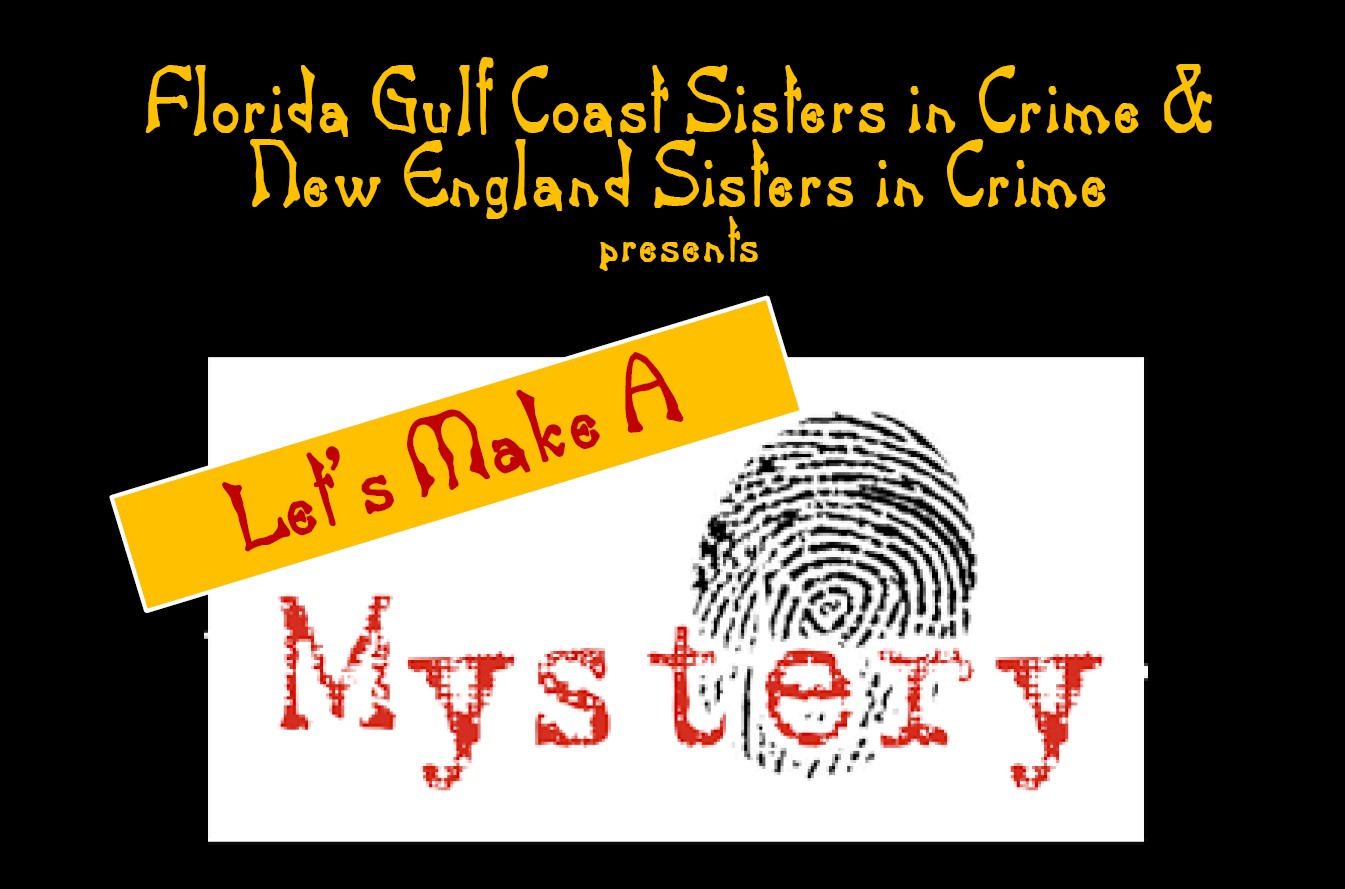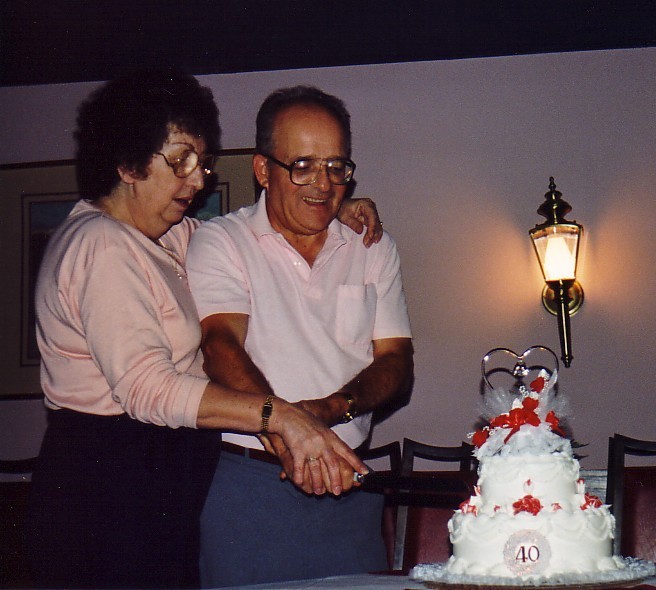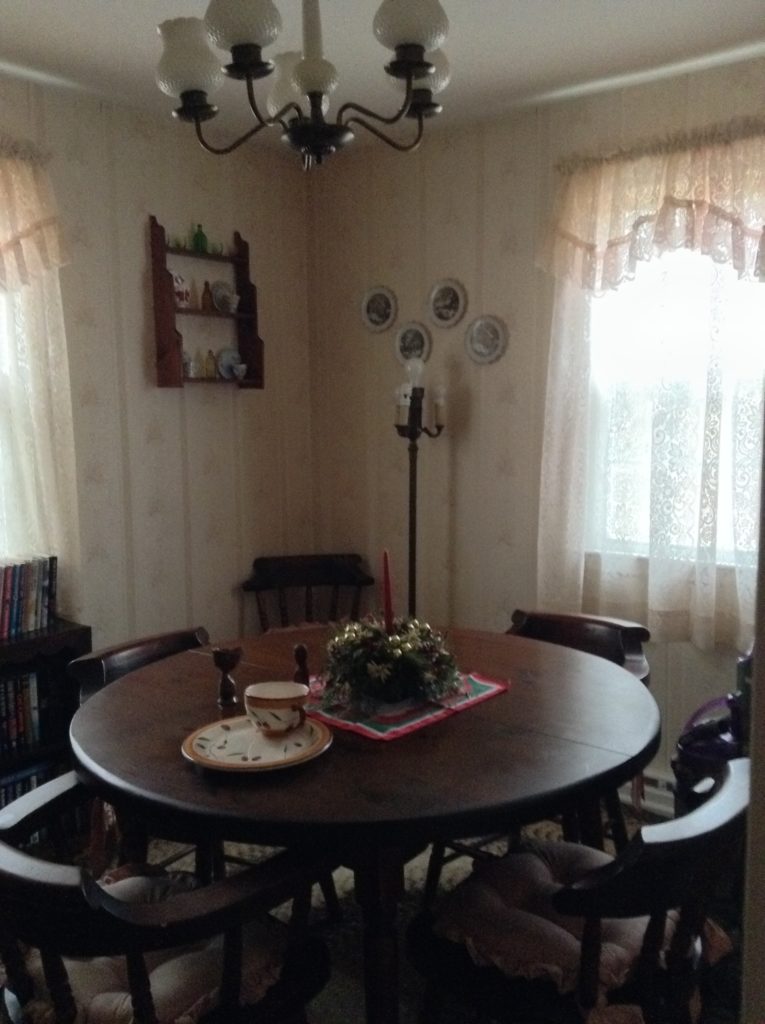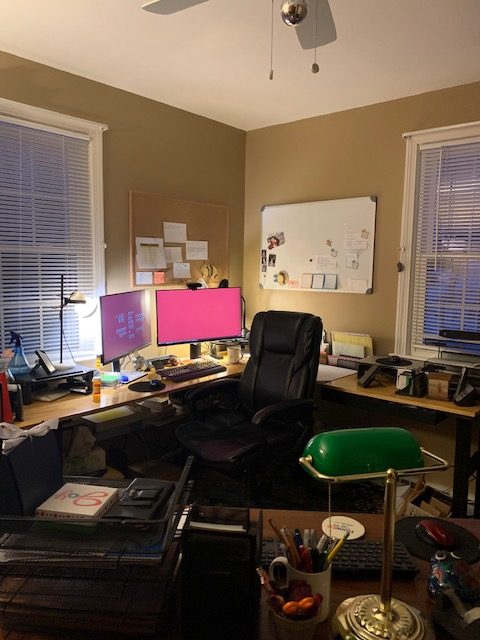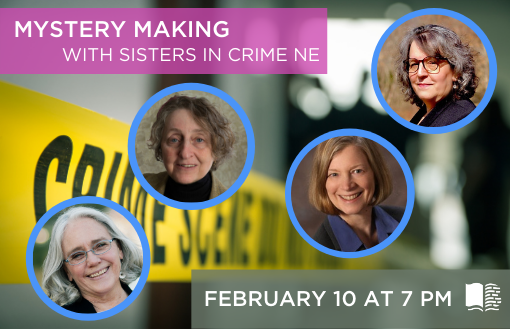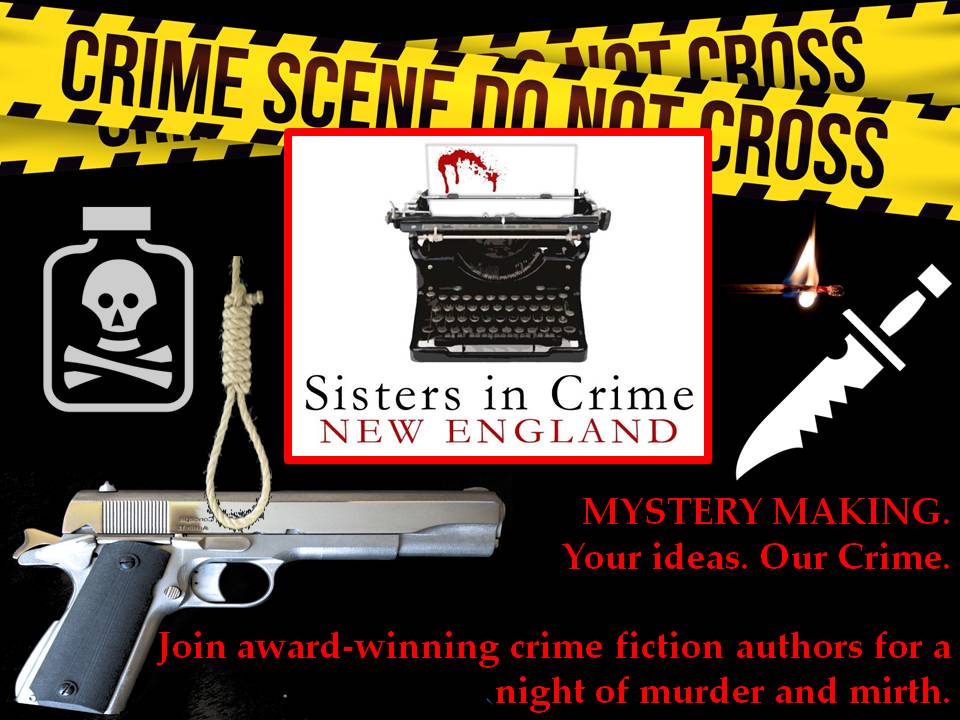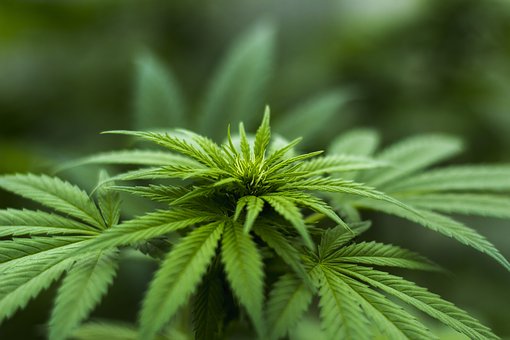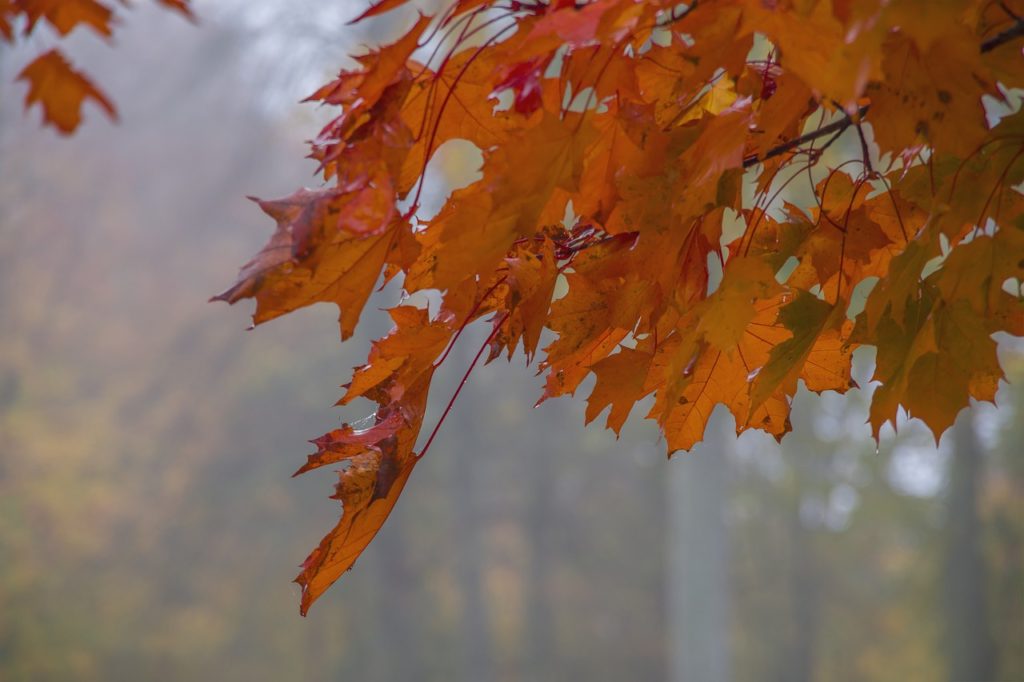You might be wondering what a mystery making event is. Well, let me explain…
Mystery Making is the brainchild of Sisters in Crime New England, a writers organization of which I’m a member. Back when we writers made live presentations, mystery making events were primarily conducted in libraries. A panel of four writers would work with an audience to create a brand-new mystery.
In a mystery making event, members of the audience suggest:
- Character names
- The plot and the setting (including time period)
- Who the unsuspecting victim of foul play is
- Who the villain is
- What the motivation for the dastardly deed is
Nowadays, we’re conducting these events virtually and on March 6, Sisters in Crime New England (SinCNE) will be joining our sisters from the Florida Gulf Coast Chapter at the SW Florida Reading Festival. The Florida Gulf Coast Chapter’s booth at the festival includes recorded and live events.
Four of our chapter’s board members will present a live Mystery Making event from 1 to 2 p.m. Eastern time on Saturday, March 6. Join Lisa Lieberman, Lorraine Sharma Nelson, Tonya Price, and me. Registration information will be available soon.
Main Stage Event
Here is a video of a Main Stage event, Noir at the Bar, hosted by the Lee County Library System. Click the link or image to launch the video.

More Information
The SW Florida Reading Festival runs from March 1 to 13, is free, and involves the following types of activities:
- Author panels
- Author presentations
- Book selling
- Live author meet-and-greet sessions
Children’s programs air at 6 p.m. and adult programs air at 7 p.m. Featured authors appear in virtual online booths on Saturdays. More information and registration for the event can be found online here.
